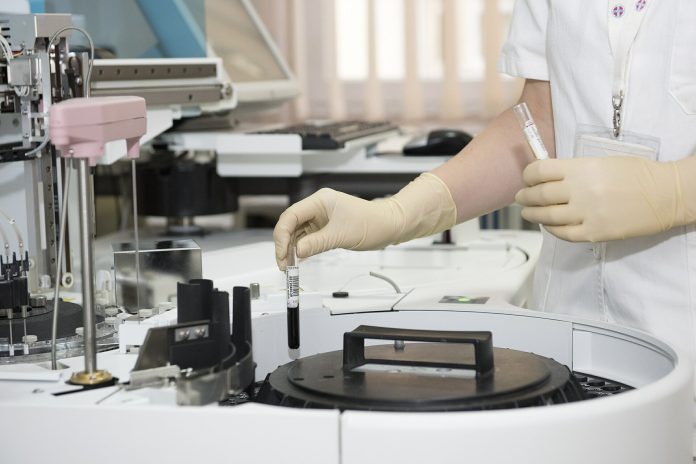The most socioeconomically deprived groups in society are nearly twice as likely to die from sepsis within 30 days, researchers from The University of Manchester have found.
The study of NHS data analysed 248,767 cases of non-COVID-19 sepsis from January 2019, to June, 2022 matched with 1,346,166 controls.
The study is funded by UK Health Security Agency, Health Data Research UK and the National Institute for Health and Care Research Manchester Biomedical Research Centre and is published today (23/22/23) in the journal eClinicalMedicine.
It also revealed that people with learning disabilities were almost four times as likely to develop the life-threatening illness.
People with chronic liver disease were just over 3 times as likely, and chronic kidney disease stage 5 over 6 times more likely to develop non-COVID-19 sepsis.
Cancer, neurological disease, immunosuppressive conditions, and having multiple prior courses of antibiotics were also associated with developing non-COVID-19 sepsis.
Sepsis develops when the body’s immune system overreacts to an infection and starts attacking its own tissues and organs. It accounts for a significant propportion of global mortality each year.
Symptoms can be similar to those of flu and include severe breathlessness and a high fever. Around 80% of cases are believed to develop outside hospital in the UK.
It is the first to analyse fluctuations in the incidence of non-COVID-19 sepsis before, during, and after the COVID-19 pandemic within a large population.
Also according to the study, the incidence rate of non-COVID-19 sepsis decreased during the COVID-19 pandemic which, say the authors, could be attributable to lower risks of non-COVID-19 infections due reduced social mixing, and changes in healthcare delivery.
The figures, however, rebounded to pre-pandemic levels in April 2021 after national lockdowns had been lifted.
Co-author Professor Tjeerd van Staa from The University of Manchester said: “This study shows socioeconomic deprivation, comorbidity and learning disabilities are associated with an increased risk of developing non-COVID-19 related sepsis and 30-day mortality in England.
“We think the research provides comprehensive data and findings of relevance to healthcare systems worldwide.
“It underscores the urgent need for sepsis risk prediction models to account for chronic disease status, deprivation status, and learning disabilities, along with infection severity.
“Sepsis remains a global issue of significant concern so understanding its clinical and health inequality risk factors is essential to understanding at-risk cohorts and effective public health mitigations.
“There is an urgent need to improve the prevention of sepsis, including more precise targeting of antimicrobials to higher-risk patients.”
Co-author Xiaomin Zhong, a PhD researcher at The University of Manchester, said: “We’re not sure why exposure to multiple courses of antibiotics increases patients’ risk of sepsis
“But it’s reasonable to speculate that the adverse effects of antibiotic on the beneficial bacteria in the gut could lead to increased susceptibility to infection. It could also be down to underlying differences in immune status or comorbidities.
“Given the potential adverse effects of repeated antibiotic courses, there is a need to target antibiotics to those patients who would most need and benefit from them
Professor van Staa added: “By harnessing this knowledge, healthcare systems can be better equipped to face potential future pandemics or global health crises, ensuring that vulnerable groups are not disproportionately affected, and that the overall quality of care is maintained or even improved.
“However, it is crucial to recognise that these findings are primarily descriptive and necessitate further research to establish causality and inform the development of effective prevention and treatment strategies for sepsis.”







